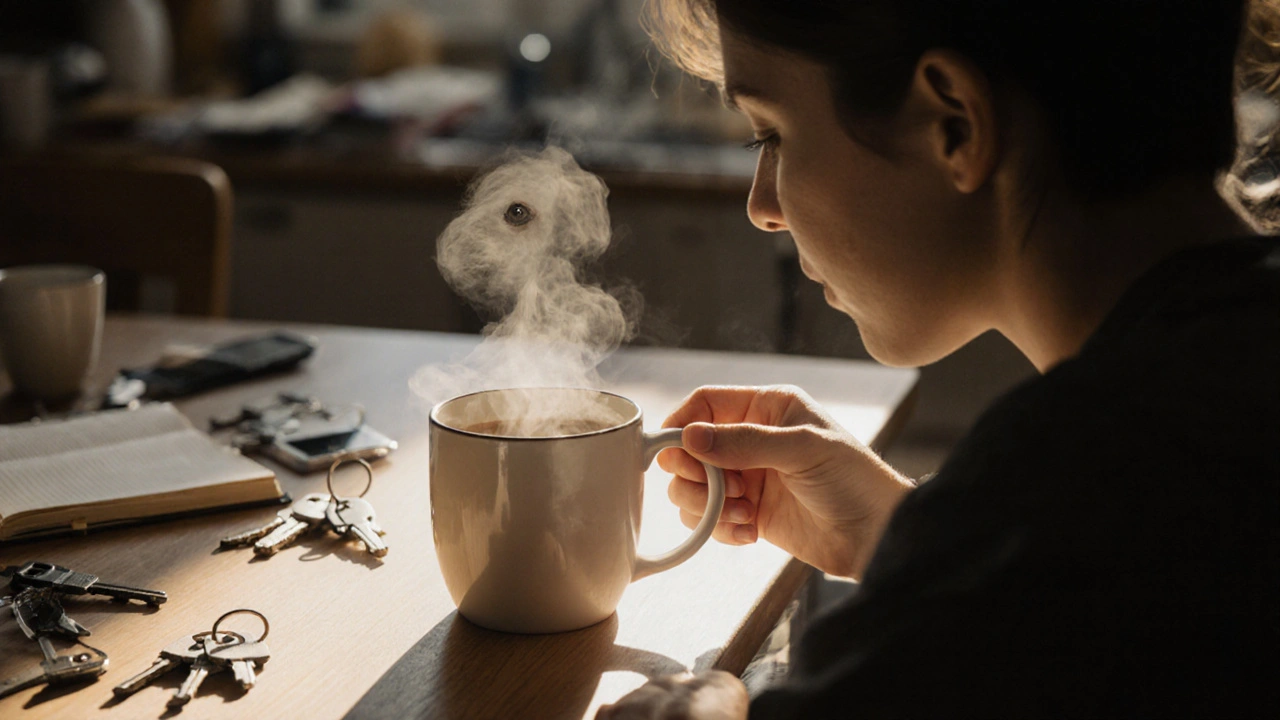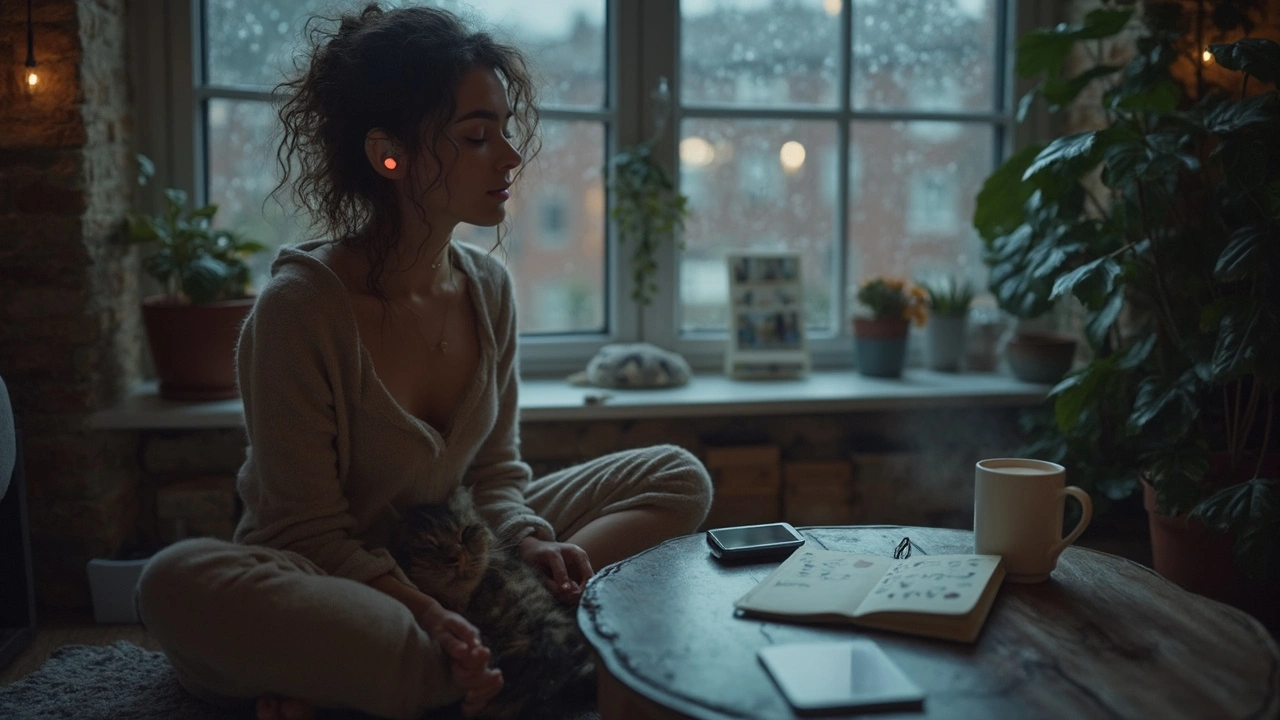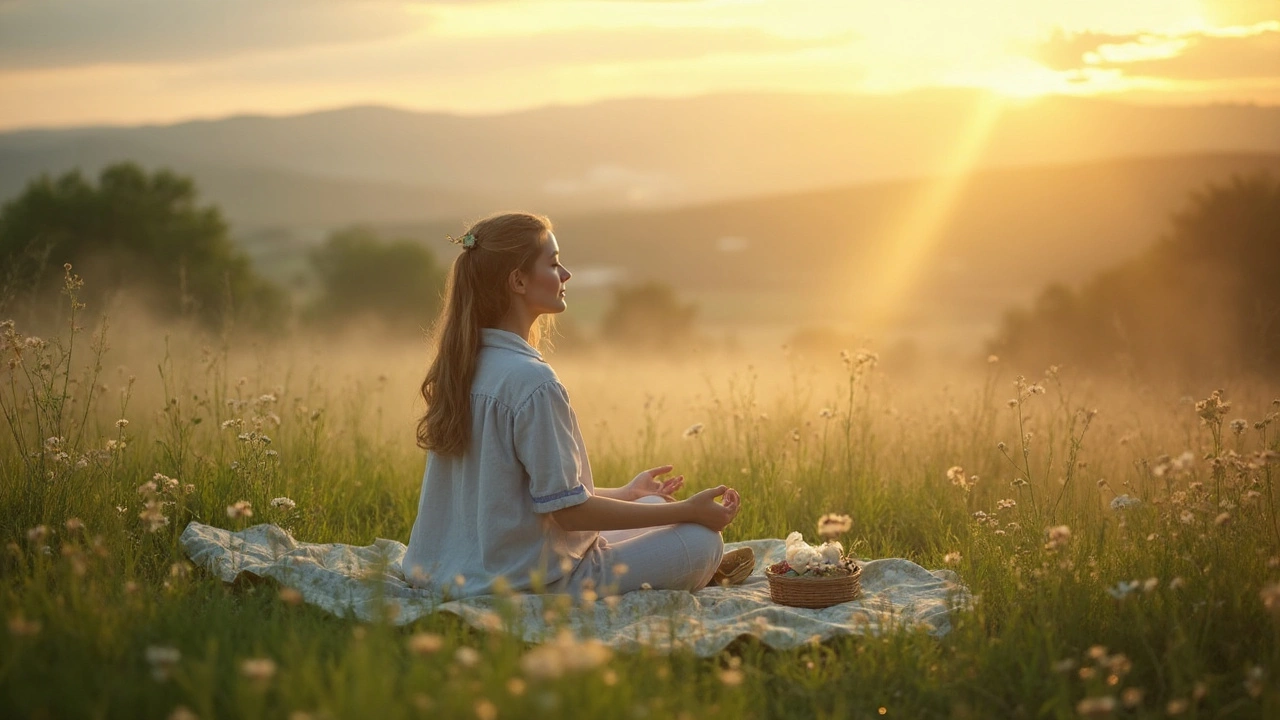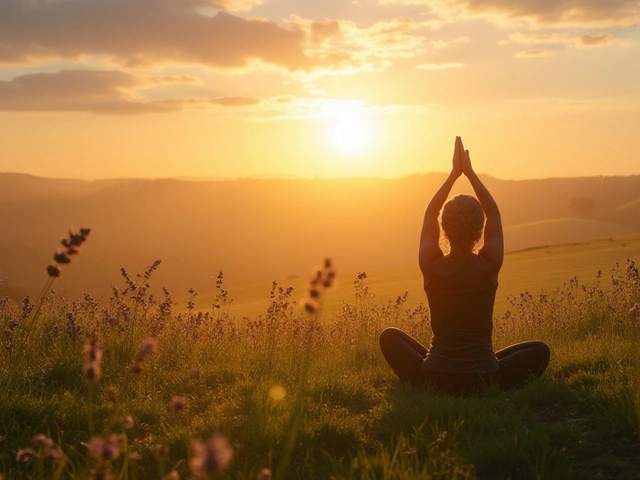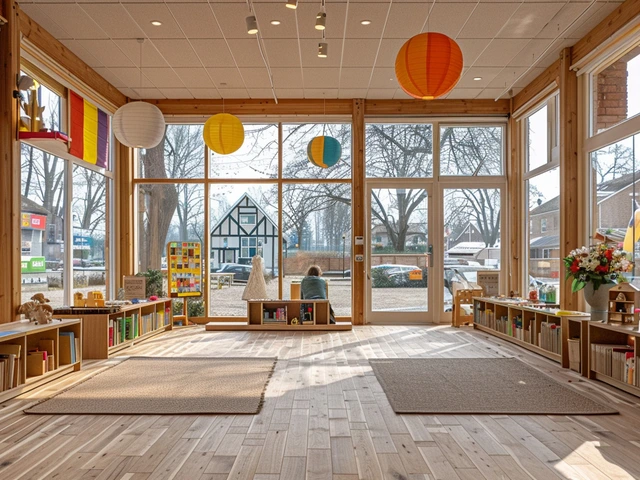Mental Health
Here’s a straight fact: your mind shapes how you eat, move, sleep, and even feel pain. If you want small changes that actually stick, focus on habits you can do today. This page collects practical ideas from breathing tricks to creative therapies, so you can pick one thing and test it for a week.
Practical Daily Habits
Start with tiny wins. Five minutes of breathing or a short walk after lunch resets stress and improves focus. Try a morning ritual: drink water, do two minutes of mindful breathing, and write one sentence about what matters today. Sleep matters more than productivity hacks—aim for regular bedtimes and cut screens 30 minutes before sleep.
Move in ways you enjoy. Ten minutes of stretching, a quick run, or a short yoga flow reduces tension and lifts mood. Food affects mood too: add a serving of vegetables or a protein at each meal and notice energy shifts over a week. If stress makes you reach for snacks, pick filling options like nuts, yogurt, or fruit to avoid crashing later.
Use creative outlets to process feelings. Painting, music, dance, or journaling are not just hobbies—they help you name emotions and reduce rumination. If words feel stuck, try drawing a simple shape for five minutes and note how the mood changes. Creative arts therapies can be a powerful tool alongside other approaches.
When to Get Help and Tools
You don’t have to wait until things feel unbearable. If anxiety, low mood, or panic interferes with daily life for more than two weeks, reach out to a professional. Start with your primary care doctor or search for a licensed therapist. Many people test mindfulness apps, short therapy programs, or guided meditations before committing to regular sessions.
Manage health worry by tracking your triggers. When a worry shows up, write down what you’re thinking, rate the fear from one to ten, and note one action you can take. That habit breaks the loop and gives you data to discuss with a clinician. For quick relief, try progressive muscle relaxation or box breathing for five minutes.
Set small, measurable goals. Instead of “feel less stressed,” aim for “do three breathing sessions this week” or “walk 20 minutes three times.” Track progress honestly and adjust according to what helps. Real change happens with repeated tiny steps, not dramatic overhauls.
Pick one thing from this page and try it for seven days. Notice what shifts, then add another habit. If you need more help, look into creative arts therapy, sports massage for physical tension, or a therapist who uses practical tools. Your mental health improves with simple, steady actions you can actually keep doing.
Try a weekly check-in: write three things that went well and one thing to improve. Use a sleep tracker or a simple notebook. If money’s tight, many community centers and online groups offer low-cost support. Small actions and social connection are where most lasting progress begins. Set reminders to keep these small practices consistent each day.
Mindfulness and Mental Health: How Daily Practice Heals Your Mind
Mindfulness isn't magic-it's a science-backed way to calm anxiety, reduce stress, and rewire your brain for better mental health. Start with five minutes a day and see the difference.
View MoreHealth Anxiety Stories: Real People Share Coping Tips
Real stories and practical tips help you understand and manage health anxiety, offering coping tools, professional guidance, and community support.
View MoreBiofeedback for Mental Health: HRV Training, Neurofeedback, and Real-World Steps That Work
Curious if biofeedback can ease anxiety or low mood? Here’s what works, the science, simple steps to start at home or with a clinician, and how to track results.
View MoreWhy Stress Reduction Should Be Your Top Priority: Science-Backed Benefits and Simple Daily Habits
Stress is draining your health, focus, and time. Here’s why reducing it belongs at the top of your list-and a simple plan to do it without overhauling your life.
View More10 Surprising Mindfulness Benefits for Less Stress and Vibrant Health
Explore the 10 amazing benefits of mindfulness—less stress, better focus, emotional balance, and more. Get tips and real data to boost your wellbeing.
View MoreCreative Arts Therapies: Why Doctors Are Embracing Healing Through Art and Music
Explore why more doctors are turning to creative arts therapies like music and art therapy to treat mental health and chronic pain, plus practical tips and insights.
View MoreCreative Arts Therapies: Modern Healing for Mental Health and Wellness
Discover how creative arts therapies combine modern science and tradition to help with anxiety, trauma, and more—in ways beyond talk therapy.
View MoreWhy Mental Health Matters: The Key to Living Well in Today's World
Our minds need as much care as our bodies. Discover why mental health should matter to everyone and how small changes can make a huge difference.
View MoreMeditation for Emotional Wellness: How Mindfulness Boosts Mental Health
Explore how meditation shapes emotional wellness with real-life facts, expert guidance, and practical tips. Learn the science-backed value of mindfulness.
View MoreNatural Relaxation Techniques to Boost Your Wellbeing Daily
Learn how natural relaxation techniques can boost your wellbeing and mental health. Discover practical tips, real-life science, and daily routines for stress relief.
View More
